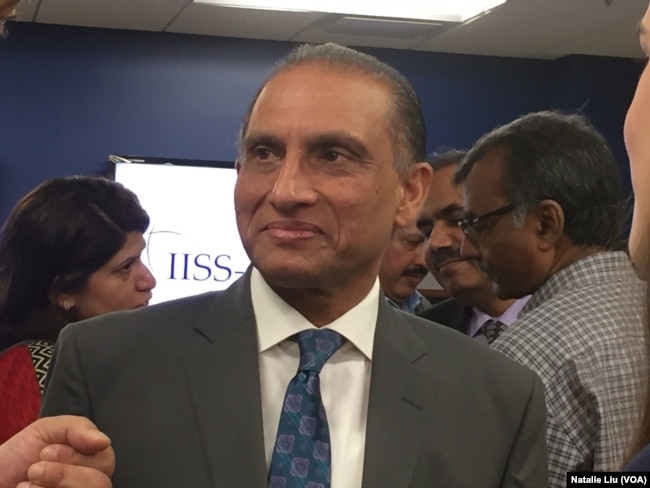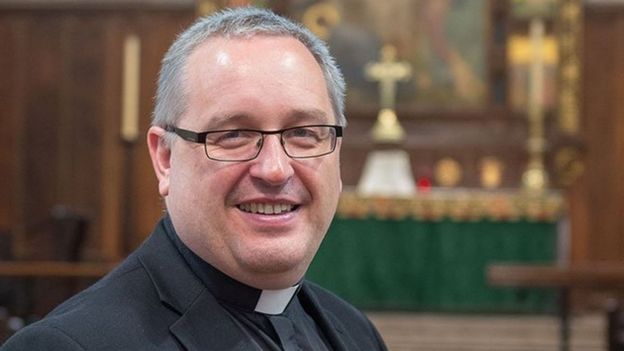By: Emily Green
Impunity Watch Reporter, South America
LA PAZ, Bolivia — A nation-wide medical strike has come to an end in Bolivia after 47 days. The country’s doctors had ceased work in protest of the government’s new criminal code.

Bolivian doctors went on strike in protest of the government’s Presidential Decree 3385 which created the Supervision Authority for the National Health System, and Article 205 of the new penal code which would sanction professional negligence and medical malpractice. Protestors demanded that this new law be repealed because it would penalize medical professionals who cause health or bodily harm through negligence or malpractice.
Essentially, doctors who are found guilty of physically harming their patients will face heavier sanctions. Also, an entity would be created to control and monitor their work. The new punishments include five to nine years in prison, the suspension of a professional title, and the seizure of assets.
At the beginning, doctors, medical professionals, and medical students all refused to work and most local hospitals were shut down. Only emergency rooms remained functioning. Protestors took to the streets and clashed with police. In La Paz, the police resorted to firing tear gas into the crowd because rocks and small explosives were thrown at them. In a different form of protest, nine doctors at the Greater University of San Andres began a hunger strike. Protests and riots continued through Christmas.
On Tuesday, Bolivian President Evo Morales welcomed the end of the political strike by the doctors. The President remarked, “We salute the doctors and workers who never went on strike – they have the vocation of service – and those who allowed the political strike that caused so much harm to thousands of sick people to be lifted.” He emphasized the willingness of his government to work for “a sensible, solid, universal and free health care service.”
Bolivia’s physicians report that the strike ended after reaching an agreement with the government that it would prepare new legislation and shelve the bill that had already been drafted. However, others note that the end is a response to the President’s threat to take legal action. Just days earlier, Morales announced legal actions to restore health services and made claims of conspiracy.
The government denounces the strike and claims that it was staged by opposing political forces who favor private health care. The result was the postponement of more than 800,000 medical appointments and 10,000 surgeries.
The country will use a national health care conference in early March to move forward and develop a universal and free health care system for the entire population.
For more information, please see:
Telesur – Bolivia: Medical Strike Ends as Gov’t, Doctors Ratify Deal – 10 January 2018
Herald Tribune – Morales Welcomes End of Bolivian Doctor’s Strike – 10 January 2018
TVC News – Bolivian Health professionals protest against new criminal code – 22 December 2017



